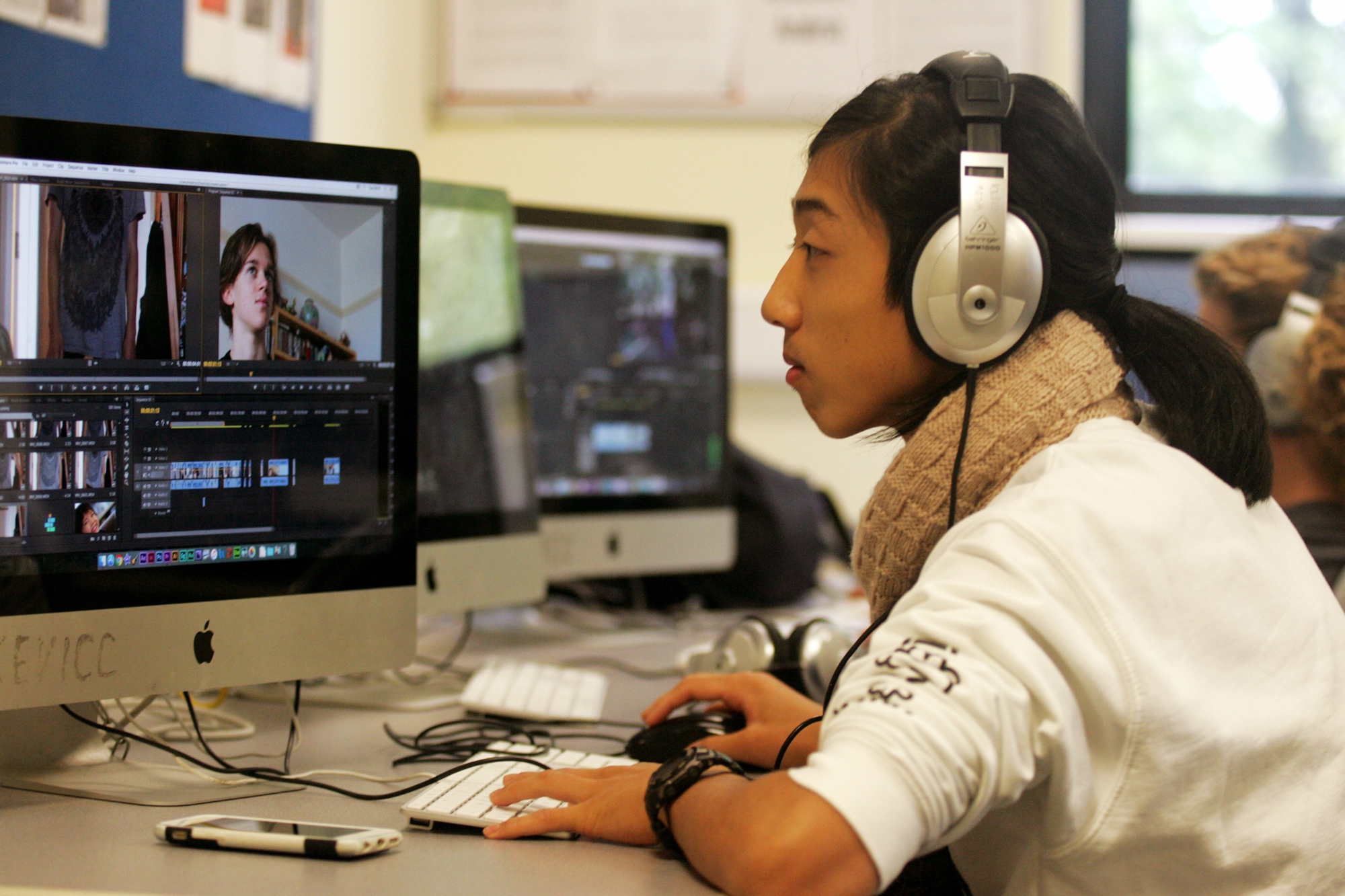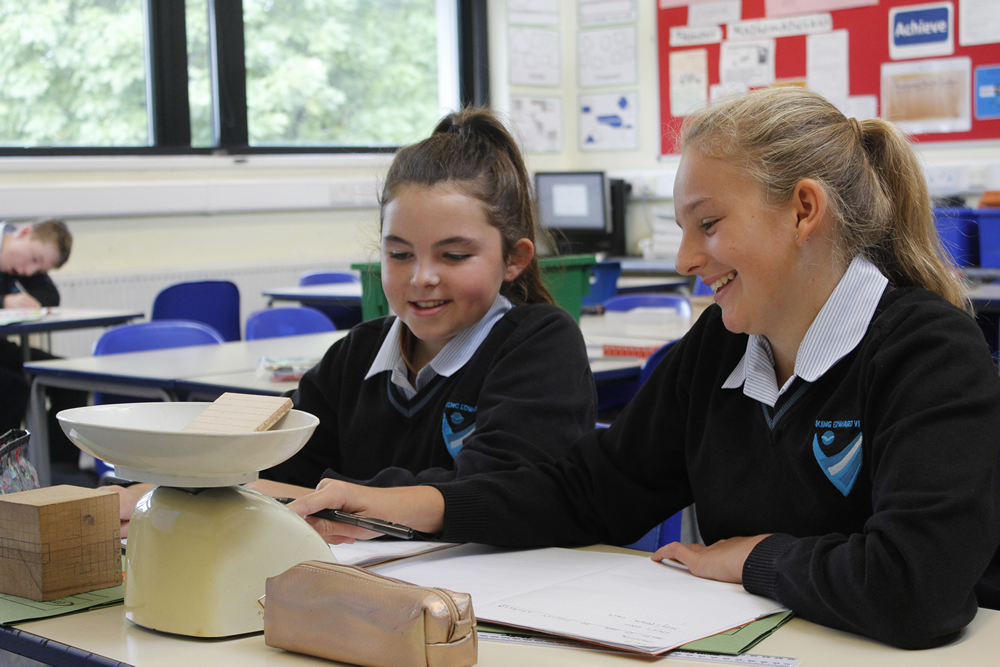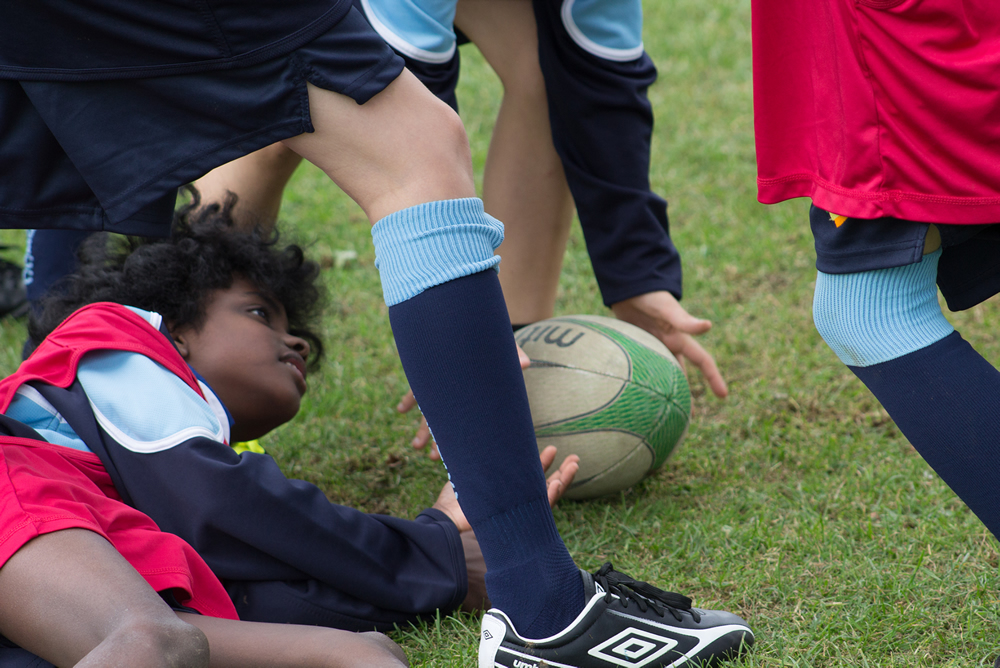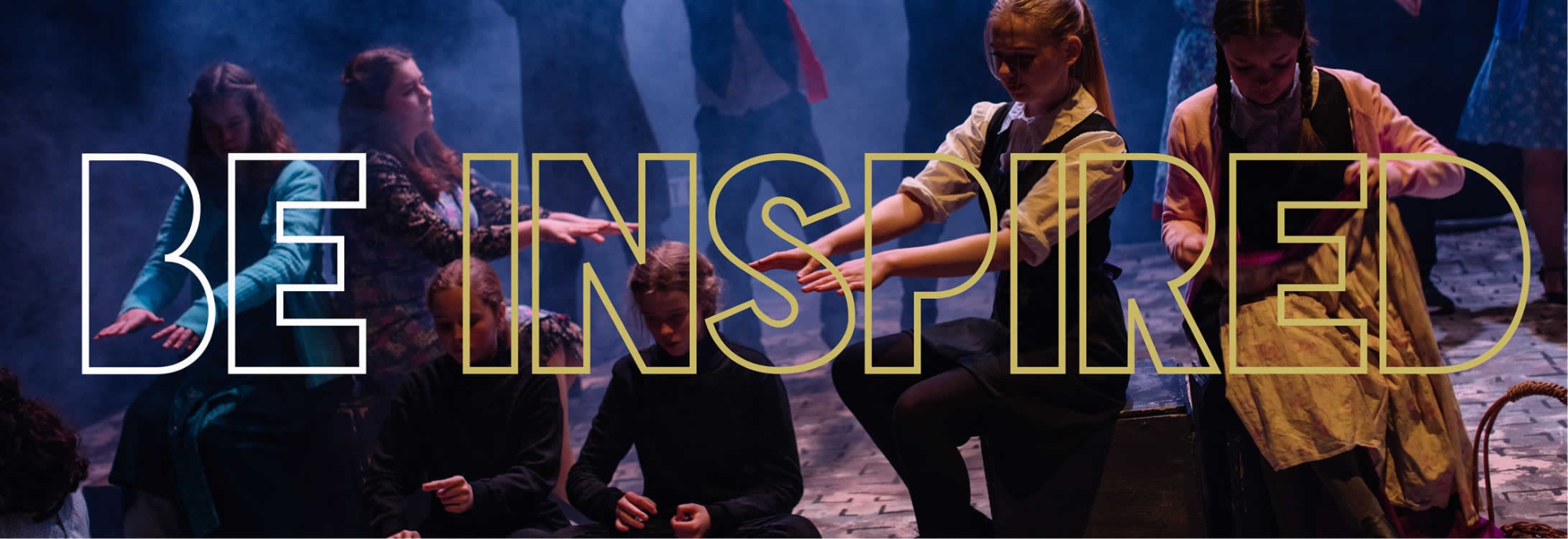Literacy and Numeracy
Literacy – in the widest sense of comprehension as well as pure decoding - is a fundamental skill for success in secondary education and in later life. In schooling it is widely accepted that students with a reading age below their chronological age will struggle with the demands of the curriculum and to function as an economically active member of British society when they leave school. We have therefore developed a number of initiatives to develop all students’ literacy skills as well as to provide additional support where there is a need.
The school library has been revamped to make it more inviting and the stock of books has been updated to include texts and other reading matter that appeal to students across all years and ability levels. The introduction of “Accelerated Reader” allows the students to keep track of the books they read and allows the Librarian to keep a track of how many books each individual or tutor group are reading. Research shows that the key to becoming truly literate is to read 50 books a year and for many of us, students and staff alike, that’s quite a challenge. So to encourage everyone to develop that love of reading and to see that it’s something we can all do, each week Year 7 and 8 have a 30 minute reading session everyday during our ‘Drop and Read’ sessions where students and their teacher read quietly together.
In addition differentiated word lists are used for all subjects. This began with Year 9 as a focus as the first year to take the new GCSE with 100% linear examinations, but is now used for KS3 and Year 10.
We are also focusing on improving Mathematical Skills in a number of subject areas. A team of maths teachers has lead training for colleagues to explain to them how to teach in “The Maths Way”, to ensure consistency across all subject areas when they are teaching using a number of key mathematical concepts. Numeracy in all KS3 classes is developed within mathematics time with weekly numeracy starters to develop key skills.





